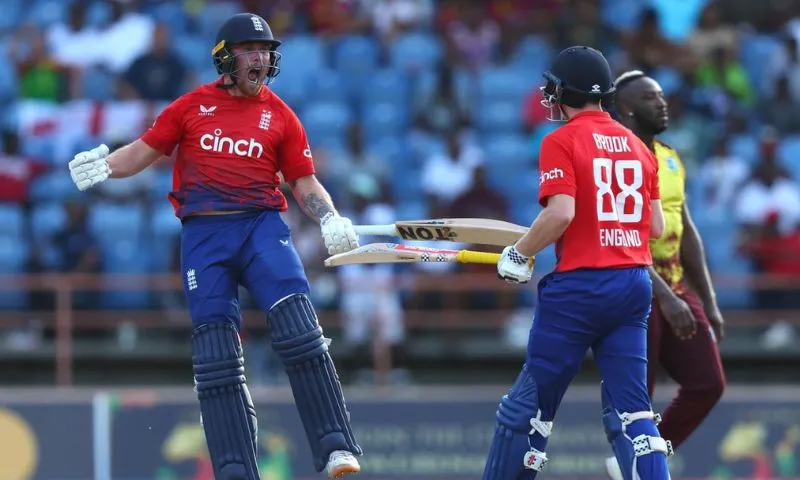Shubman Gill was hospitalized in Chennai on October 9 due to a drop in platelet count caused by dengue. He was discharged on October 10, but it is still unclear whether he will be fit to play in the Cricket World Cup clash between India and Pakistan on October 14.

What is dengue?
Dengue is a viral infection that is transmitted to humans by the bite of an infected Aedes mosquito. The virus can cause a range of symptoms, including fever, headache, muscle and joint pain, nausea and vomiting, rash, and bleeding.
Why did Gill’s platelet count drop?
Platelets are blood cells that help to form clots and stop bleeding. Dengue can cause a decrease in platelet count, which is known as thrombocytopenia. This is because the dengue virus can damage the bone marrow, where platelets are produced.
Why is it important to monitor Gill’s platelet count?
People with low platelet counts are at risk of bleeding excessively. This is because platelets play a vital role in blood clotting. If Gill’s platelet count is not closely monitored, he could develop serious bleeding complications, such as bleeding into the brain or lungs.
What are the other risks of dengue?
Even after the dengue infection has cleared, people who have had dengue are at risk of developing complications such as:
- Dengue hemorrhagic fever (DHF): This is a severe form of dengue that is characterized by high fever, bleeding, and shock.
- Dengue shock syndrome (DSS): This is a life-threatening complication of DHF that is characterized by low blood pressure and shock.
- Guillain-Barré syndrome (GBS): This is a rare neurological disorder that can cause muscle weakness and paralysis.
Why is it unclear whether Gill will be able to play against Pakistan?
There are a few reasons why it is still unclear whether Gill will be able to play against Pakistan:
- He is still recovering from the infection. Dengue can cause a range of symptoms, including fatigue, muscle weakness, and shortness of breath. Gill may need some time to fully recover his strength and fitness.
- He is at risk of developing complications from dengue. The BCCI medical team will need to be sure that Gill is fully recovered from all complications before allowing him to play.
- He needs to prove his match fitness. Even if Gill is fully recovered from the infection and its complications, he will still need to prove his match fitness before he can be selected for the match against Pakistan. This means that he will need to be able to train at full intensity and participate in practice matches without any problems.
What are the chances of Gill playing against Pakistan?
It is difficult to say what the chances are of Gill playing against Pakistan until the BCCI medical team has assessed his recovery further. However, based on the available information, it seems that his participation in the match is unlikely.
The BCCI is likely to err on the side of caution and not risk Gill aggravating his injury. The Cricket World Cup is a long tournament, and India has a number of other talented batsmen who can take Gill’s place if necessary.
Conclusion:
It is still too early to say whether Shubman Gill will be able to play in the Cricket World Cup clash between India and Pakistan on October 14. His participation will depend on his recovery from dengue and his ability to prove his match fitness.











